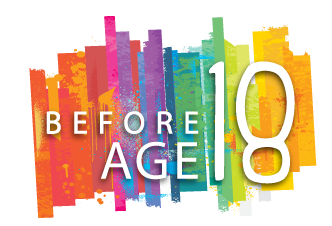Transition Planning - Age 16
School / Education
Once a student turns 16, Individualized Education Plan (IEP) transition plans must include measurable goals and the transition services needed to meet those goals in the areas of employment, education, training, and, where appropriate, independent living skills.
Resource:
More about IEP Meetings
Work Skills / Employment
Health
This is a good time to have your child prepare for an active role in their health care. Work together before appointments to think of things they may want to ask the doctor, and consider having your child meet with the doctor without you for part of the visit. It is also important to involve your child in managing their medications, including the process for ordering refills and allowing enough time so they don’t run out.
Resource: Health Care Transition VideosLong-Term Care Services and Medicaid Eligibility
Social Security / Disability Determination
You don’t need to wait until your child is 18 for them to get Social Security’s Supplemental Security Income (SSI).
Children under age 18 can get SSI if they meet Social Security's definition of disability for children and there is limited income and resources in the household.
Social Security says having a disability means:- Your child has a physical or mental condition(s) that very seriously limits their activities.
- The condition(s) must have lasted, or be expected to last, at least one year or result in death.
Community and Living Arrangement
As your child grows into adulthood, their community connections and interests play a bigger role in their life. Help your child start to identify the community connections they value and help them recognize their unique interests that might be different from you or the rest of the family.
Look into teams or groups that align with your young teen's interests and support their efforts to try new things when possible. Pay special attention to opportunities for them to participate without parents present. You may even begin to consider overnight activities, or other multi-day events, without parents present.

Resources
Here are some more resources to help you with transition planning!
- Family Action Steps - Age 14 to 16
- Family Advocacy Training
- Action Steps for Teens
- Health Care Transition Videos
- Find a Work Incentive Benefits Specialist
- Wisconsin Transition Resource Guide (pdf)
- Family Voices Resources – Transition to Adult Life
We hope you find this information helpful and come back to the Before Age 18 website as your child gets older to learn more transition planning tips.
